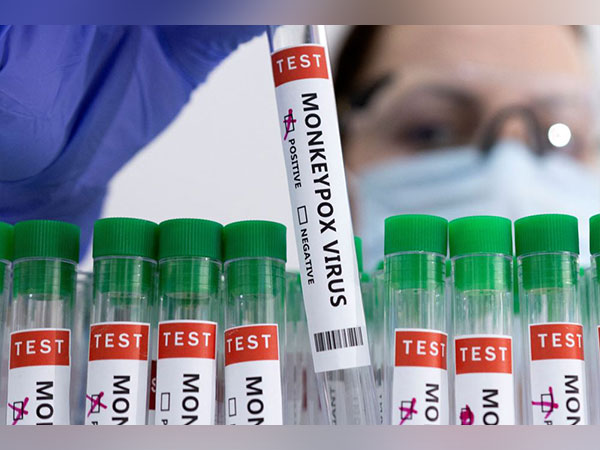SA Reports New Case of Mpox; Health Authorities Urge Vigilance
The last Mpox cases in South Africa were reported in August 2022, and the risk to the general population remains low due to the virus’s limited transmissibility.

- Country:
- South Africa
South Africa has confirmed a new case of monkeypox disease, now referred to as Mpox, prompting a call for vigilance from Health Minister Dr. Joe Phaahla. The case, identified in a 35-year-old male residing in Gauteng province, was confirmed on May 9, 2024, by the National Institute for Communicable Diseases (NICD) following initial testing by Lancet Laboratory.
Despite the individual having no recent travel history to countries currently experiencing outbreaks, this detection has put health officials on high alert. Mpox, a rare viral disease caused by the monkeypox virus (MPXV), is known for symptoms such as a painful rash, fever, and enlarged lymph nodes, although it is not highly transmissible between people. Most patients recover fully, but severe cases can occur.
The ongoing outbreak of Mpox in the Democratic Republic of Congo (DRC) since 2023 involves the more virulent MPXV clade I, primarily spreading through heterosexual contact, notably among female sex workers. Additionally, concerns have escalated with the emergence of a new variant, clade 1b, noted for its increased transmissibility through sexual contact and potential to spark a pandemic.
South African health authorities, alongside the Gauteng Department of Health, are rigorously managing the situation in accordance with national guidelines, including extensive contact tracing to prevent further spread. The last Mpox cases in South Africa were reported in August 2022, and the risk to the general population remains low due to the virus’s limited transmissibility.
The World Health Organization (WHO) continues to recommend vigilance, robust contact tracing, and isolation of confirmed cases to prevent transmission and potentially eliminate MPXV circulation among humans. Mass vaccination is not currently advised, focusing instead on classic containment strategies to manage the disease effectively.
- READ MORE ON:
- monkeypox
- Dr. Joe Phaahla










